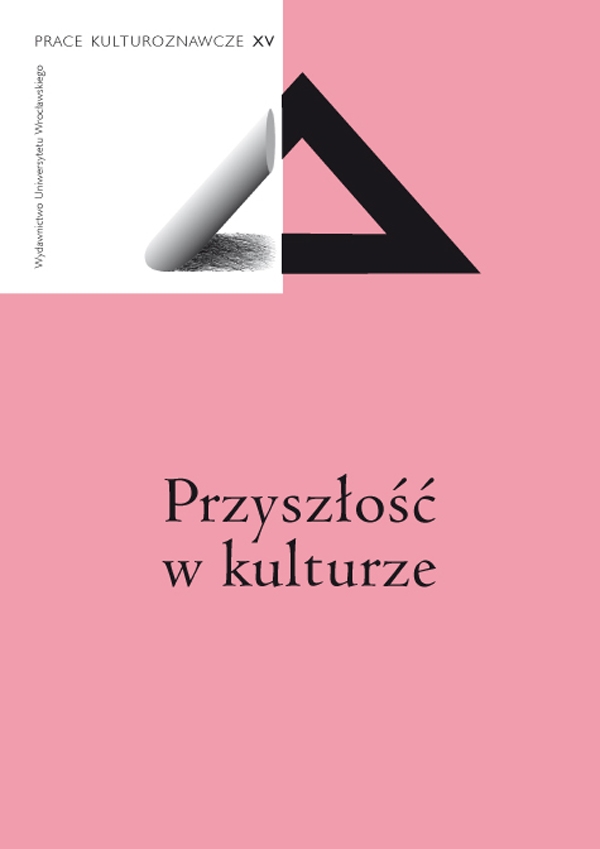

Strony redakcyjne

“Oh, we know how to wait...”. 19th century project of Czech national revival in Vladimír Macura’s tetralogy Ten, který bude
In both his academic and literary works, Vladimír Macura, an eminent expert on the Czech national revival period, deconstructs the project of building a modern Czech nation. The project, based on the premises of J.G. Herder’s philosophy, provided for an “awakening” of the nation and its emancipation through social and cultural advance. In its essence, it was a model of a “great future project;” according to its premises, Czech society would be created “from scratch” following a theoretical model, with a designated pantheon of heroes, a canon of customs and conventions and, finally, a model of the Czech language generated by philologists.
In his tetralogy Ten, který bude Macura presents a plan of the Czech national revival as a mixture of fantasies, accidents, local fashions, dreams, mistakes, personal interests and animosities of a small group of petits bourgeois of peasant origin, who are playing, as it were, at imagining the future society. From this perspective it seems surprising that this dinner party “future game” led over a period of several decades to the emergence of the real foundations of a society and, subsequently, an independent state.
It is, therefore, worth advancing a working hypothesis that Macura in his tetralogy deconstructs not only the future plan of Czech national revival itself, but also the postmodernist scepticism about it.